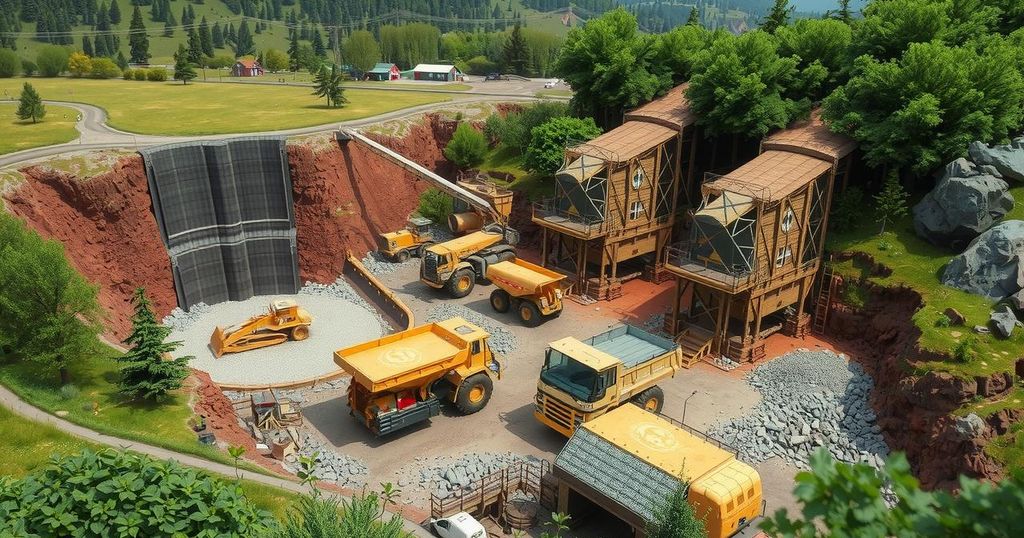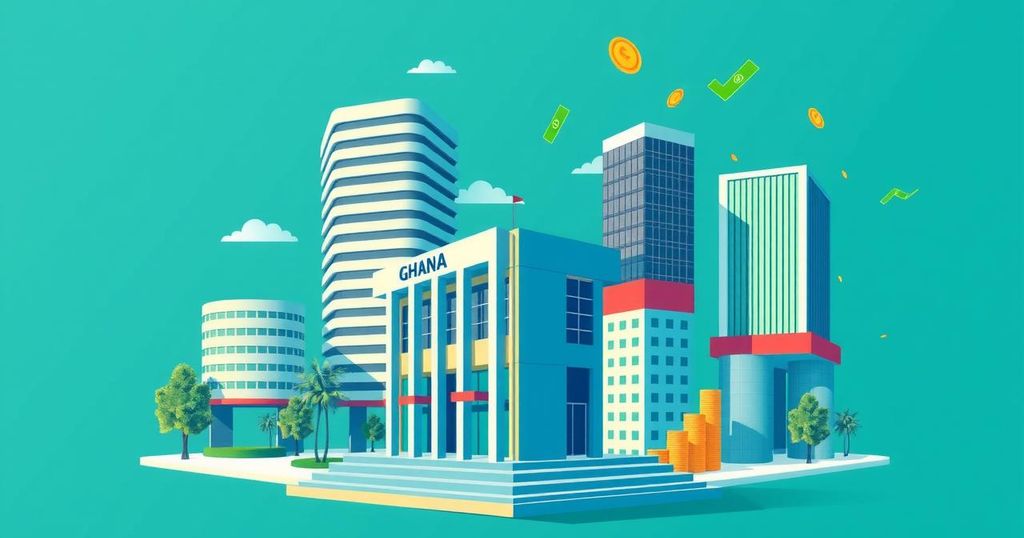Raul Jungmann, President of Ibram, indicates that excessive bureaucracy and extended licensing processes significantly hinder the development of Brazil’s mining sector. While Brazil holds immense potential for investment in critical minerals, increased efficiency in regulatory frameworks and a focus on research and development are essential for progress and competitiveness within the international market.
The President of the Brazilian Mining Institute (Ibram), Raul Jungmann, has highlighted that regulatory challenges represent significant barriers to the growth of mining activities, particularly regarding the exploration of essential minerals in Brazil. He emphasized that bureaucratic delays in environmental licensing often deter investments, stating, “The truth is that waiting 5, 6, 7 years destroys the investment capacity and causes some of them to die before they even begin.”
He further noted that Brazil’s project licensing timelines are extensively longer than the international average. During a seminar on critical minerals held at the Brazilian Development Bank (BNDES) in Rio de Janeiro, Mr. Jungmann projected that Brazil’s mining investments could reach $68.4 billion between 2025 and 2029, though this figure could increase with streamlined approval processes.
Mr. Jungmann concluded that while Ibram does not seek to bypass regulations, the duration of the approval systems is impractical. “What you can’t do is wait 5, 6, 7 years, that’s just not feasible,” he professed. He also pointed out the scarcity of qualified personnel within the environmental licensing sector of Ibama and advocated for digitizing operations to improve efficiency.
The mining sector is currently experiencing heightened global interest due to geopolitical instability, including conflicts in the Middle East and Europe. Mr. Jungmann asserted that the importance of minerals, especially critical ones, has risen to a matter of national sovereignty in this environment.
He discussed how changes in U.S. leadership may alter Brazilian exports’ objectives but confirmed that the demand for critical minerals from Brazil will not wane, noting, “What changes is the name. The same mistake, another picture.” Mr. Jungmann also expressed skepticism regarding the continuation of a previously negotiated strategic minerals agreement under the Biden administration.
Looking ahead, he called for greater investment in research and development, industrialization, and the establishment of a national policy on strategic minerals to reinforce Brazil’s role in an evolving international landscape. “Without knowledge about the land, R&D investments, and improved licensing, we will miss this opportunity,” he cautioned.
In conclusion, Raul Jungmann, President of Ibram, underscores the need for improved regulatory conditions and reduced bureaucratic delays in Brazil’s mining sector. With significant potential for investment and a pressing need for strategic minerals amidst global uncertainties, efficient licensing processes and increased research funding are imperative for the nation’s mining industry to thrive and adapt to global demands.
Original Source: valorinternational.globo.com




